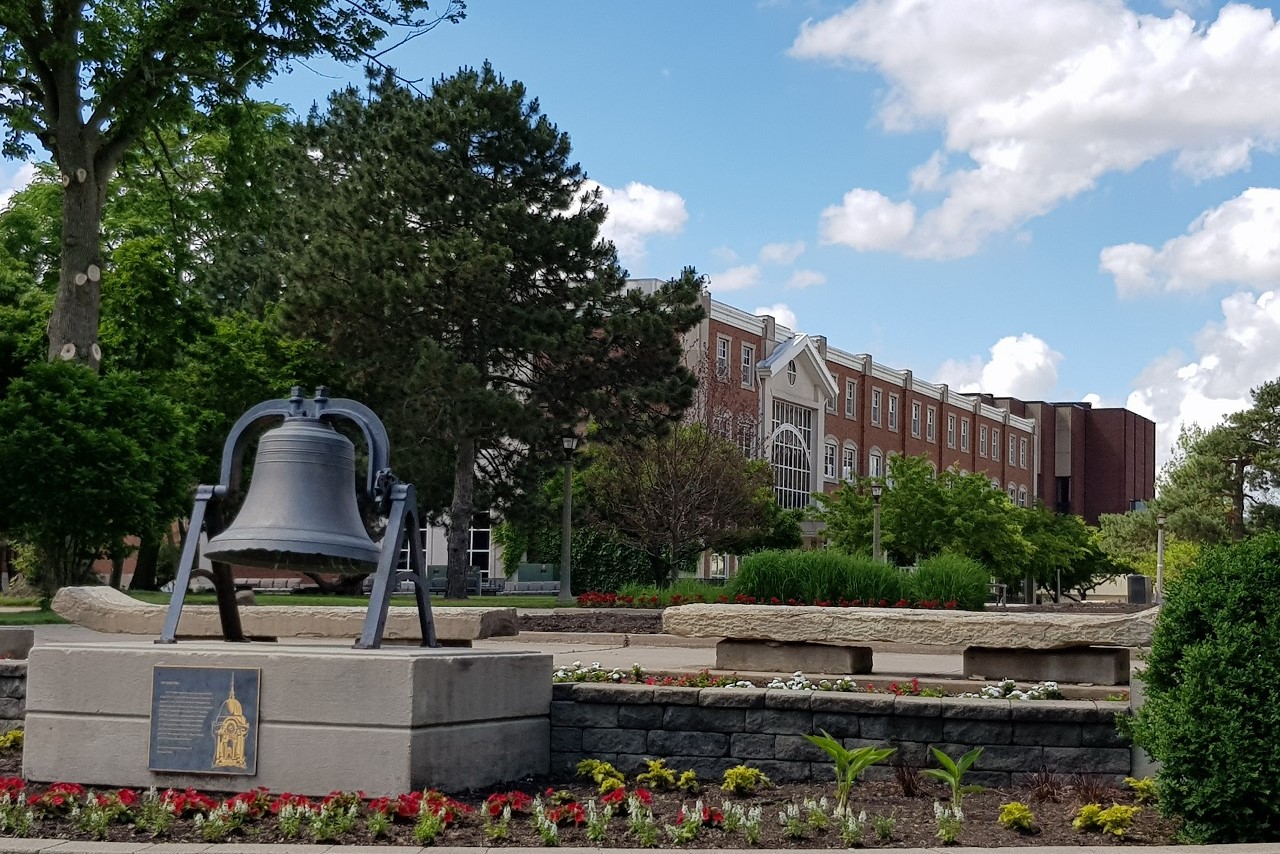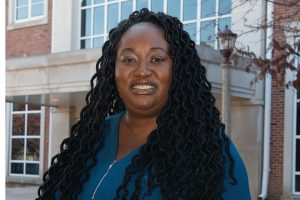African American Studies will present two speakers for the fall 2020 lecture series.
Dr. Miltonette Craig of the Department of Criminal Justice Sciences will address “Vehicle Stops and the ‘Symbolic Assailant’” at 1 p.m. Friday, November 6, via Zoom. Dr. Gregory Braswell of the Department of Psychology will speak on “Worldviews, Connections to Nature and Beliefs about Knowledge Acquisition among University Students of African Descent” at 2 p.m. Friday, November 13, via Zoom. Both Craig and Braswell are recipients of the African American Studies research grants.
Register for the talks by emailing Denice Masters at dlmast2@ilstu.edu. Those interested will need to provide first and last name, department, and ISU ULID.
Abstracts
November 6 – Dr. Craig
Extant literature on race and vehicle stops indicates that disproportional enforcement of traffic laws is pervasive, violative of individuals’ constitutional liberties, and can have a lasting impact on the psyches of those subjected to it. This issue takes center stage in Missouri. Despite legislation passed by the state legislature in 2000 to address racial disparities in stops, the problem persists. Such disparities have drawn more recent attention, such as the NAACP’s first-ever state travel advisory in 2017, which warned Black motorists traveling in Missouri of “looming danger.” To this point, several quantitative investigations of Missouri stop data have answered many important questions regarding the existence and prevalence of disproportionality. However, there is a dearth of research that focuses on police agencies’ reactions to the transparency requirement and data outcomes. The current study fills this void by conducting content analyses of Missouri agencies’ written responses accompanying their annual vehicle stop data. These written responses appear to justify the existence of disparities by typifying crime in racial and ethnic terms and reifying the image of minority motorists as symbolic assailants.”
November 13 – Dr. Braswell
Many scholars working in the field of Afrocentric psychology have claimed that many African Americans may hold beliefs about the nature of knowledge which are quite different from those held by others in the United States. The Afrocentric view of knowledge acquisition is based on the ideals of learning through one’s own experiences or perspectives, focusing on social relationships and interconnectedness, and valuing information conveyed by someone who cares about said information. While this work holds a lot of promise in terms of identifying unique ways in which people of African descent think about learning and the nature of knowledge, the empirical evidence for these ideas is either outdated or sparse. This presentation will summarize a study which attempted to extend these ideas by surveying 248 African-descent university students’ beliefs about knowledge, their worldviews, and their sense of connection with nature (which considered another core Afrocentric value). My hope is that this information will also help university instructors, advisers, and administrators formulate more inclusive, expansive ways of teaching a student body that includes members of the African diaspora.



